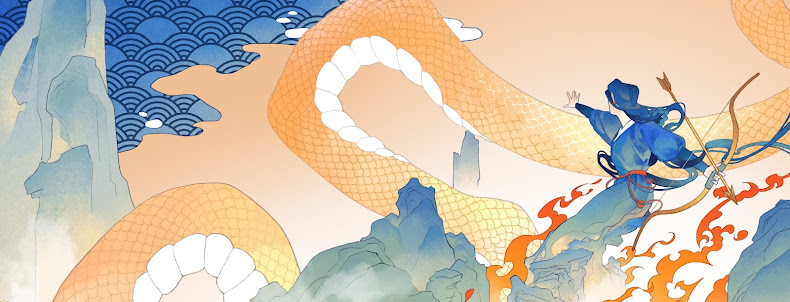This
historical novel was first published in 1956, some forty eight years after the
death of the last Qing Empress Cixi (named “Tzu Hsi” in the book). It tells her
extraordinary life story from childhood to the time near her death.
The
author skillfully weaved intricate historical accounts of Cixi’s 47-year reign
(her reign was in most part unofficial) which was marked by her tyranny,
paranoia and xenophobia, with enthralling fiction that paints a lively portrait
of her person, complete with colorful characterization and romantic love.
After
so many years, although there is general consensus that Cixi was a
strong-willed and manipulative ruler, opinions are still divided as to whether she
was shrewd and fair-minded in state affairs or whether she was obsessed with
vainglory and self-interest. It would seem that Pearl Buck did succeed in
presenting a somewhat balanced view, with sympathetic undertone.
There
is no lack of evidence showing Cixi’s hard-heartedness and scheming nature in
dealing with whoever she perceived to be her enemies, but then she was after
all just a lonely, insecure and helpless woman locked within the unforgiving Forbidden
City, trying first to preserve herself and later to shoulder an impossibly
heavy state burden in times of great turmoil (with internal rebellions and
foreign enemies at the gate). On the one hand, she could be extremely petty-minded,
vengeful and ruthless when her feathers were ruffled, on the other she could
also be gentle, considerate and gracious to those who loved her and were loyal
to her. As sympathetic as Buck tried to be, she didn’t make any effort to gloss
over the Empress’s lust for extravagance, pomp, jewelry and luxury as well as
her reckless self-indulgence. However, in order to soften Cixi’s image, the
author lent her power of imagination and created a life-long, handsome lover
for the Empress, who is said to have fathered her only son – Emperor Tongzhi (named
“Tung Chih” in the book). This creation not only served to bring out the woman
side of the Empress, but also helped to spice up the entire novel a good deal.
I
think it would be fair to say that Cixi was not any different from other
tyrannical despots, past or present, east or west. When a nation leader has
absolute power, unchecked in any way, he/she is bound to fall into the trap of
megalomania and varying degrees of narcissism, to the detriment of all those
under his/her rule.

No comments:
Post a Comment